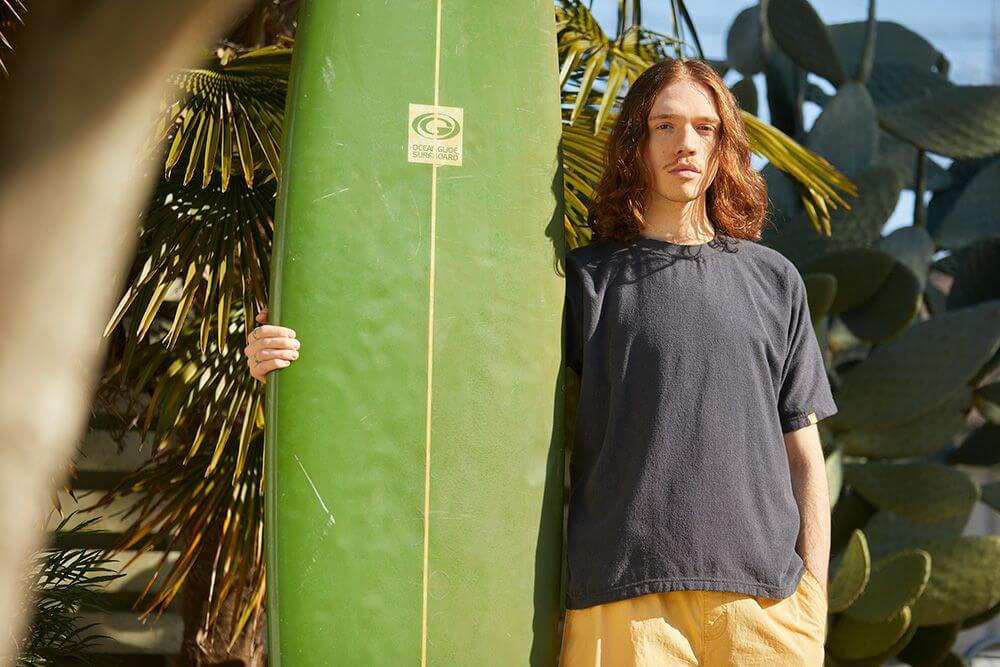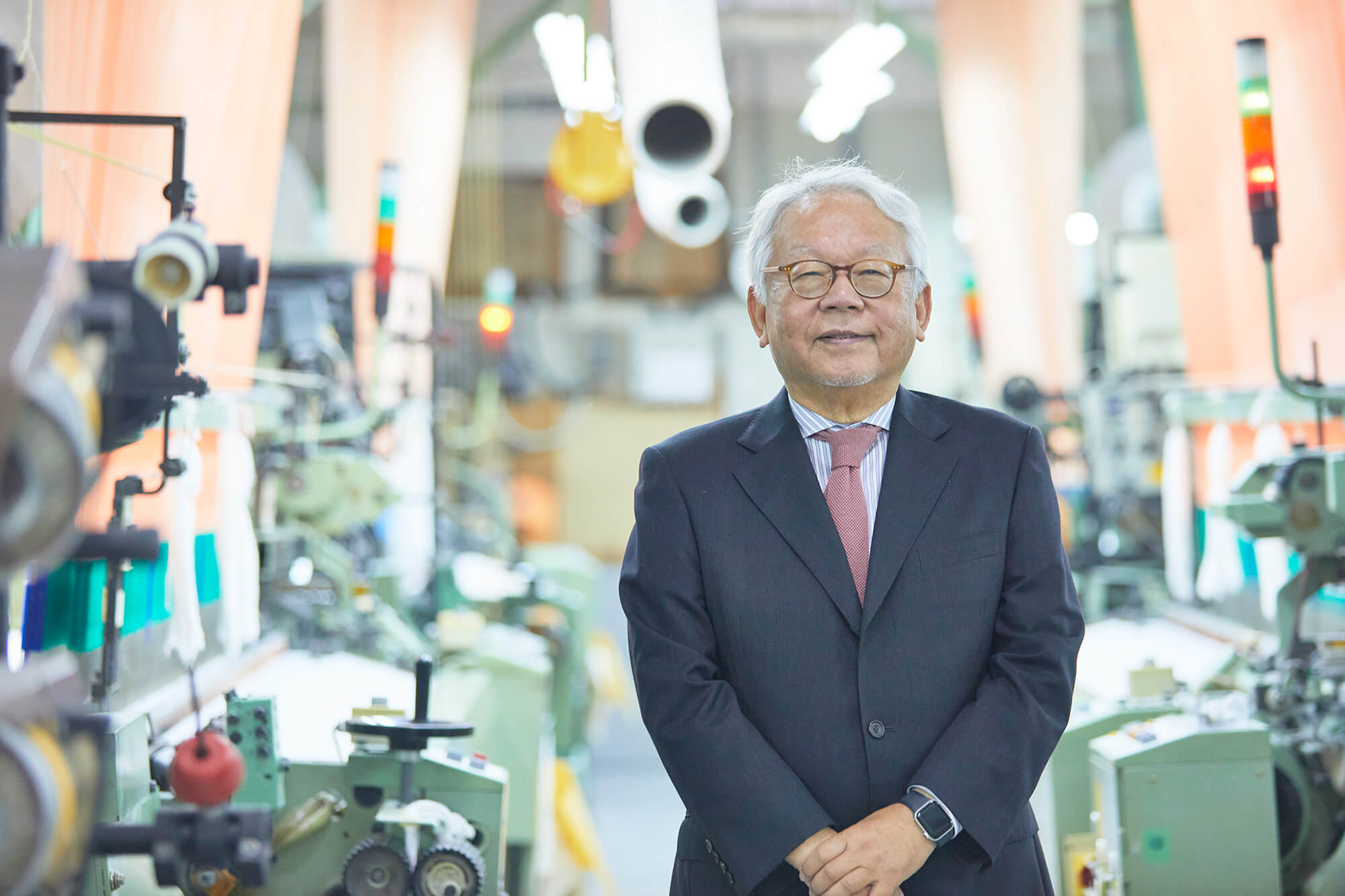1953年創業、今治タオルの専門店IKEUCHI ORGANICのスタッフが、商品のご紹介や日々の洗濯、お手入れ、メンテンナンス方法などタオルのお役立ち情報のほか、オーガニックコットンの生産現場や今治本社工場での環境に配慮した取り組みなど、ものづくりの背景をコラムでご紹介しています。
Delivering the purest organic cotton in the world. What is REMEI’s goal of “All Holder Value”?
2019.12.20

Table of Contents
Organic cotton is grown in 18 countries around the world, including India, Turkey, China, and Tanzania. IKEUCHI ORGANIC believes that the organic cotton certified by the bioRe Project in India and Tanzania is the most reliable and fully uses it as raw material. IKEUCHI ORGANIC fully adopts it as a raw material.
About bioRe Project
The bioRe project is an initiative of the Swiss company REMEI, which has been operating since the 1980s. In addition to providing guidance on organic cotton cultivation, REMEI is involved in various initiatives to enrich the lives of farmers, such as education and the development of infrastructure necessary for their daily lives.
IKEUCHI ORGANIC shares REMEI’s corporate stance and believes that bioRe cotton is the purest organic cotton in the world.
REMEI’s important phrase is “All Holder Value.
We aim to build a cycle in which everyone involved feels valued.
All Holder Value
We spoke with Simon, co-CEO of REMEI, about the company’s activities and vision.
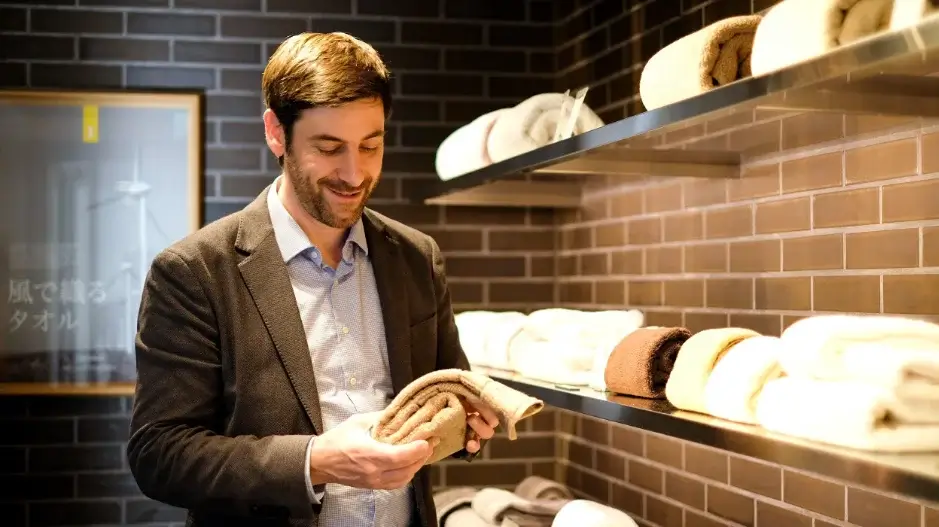
Simon Hoffman, Co-CEO of REMEI, Inc.
I wanted to help the people in front of me, not think about making a profit.
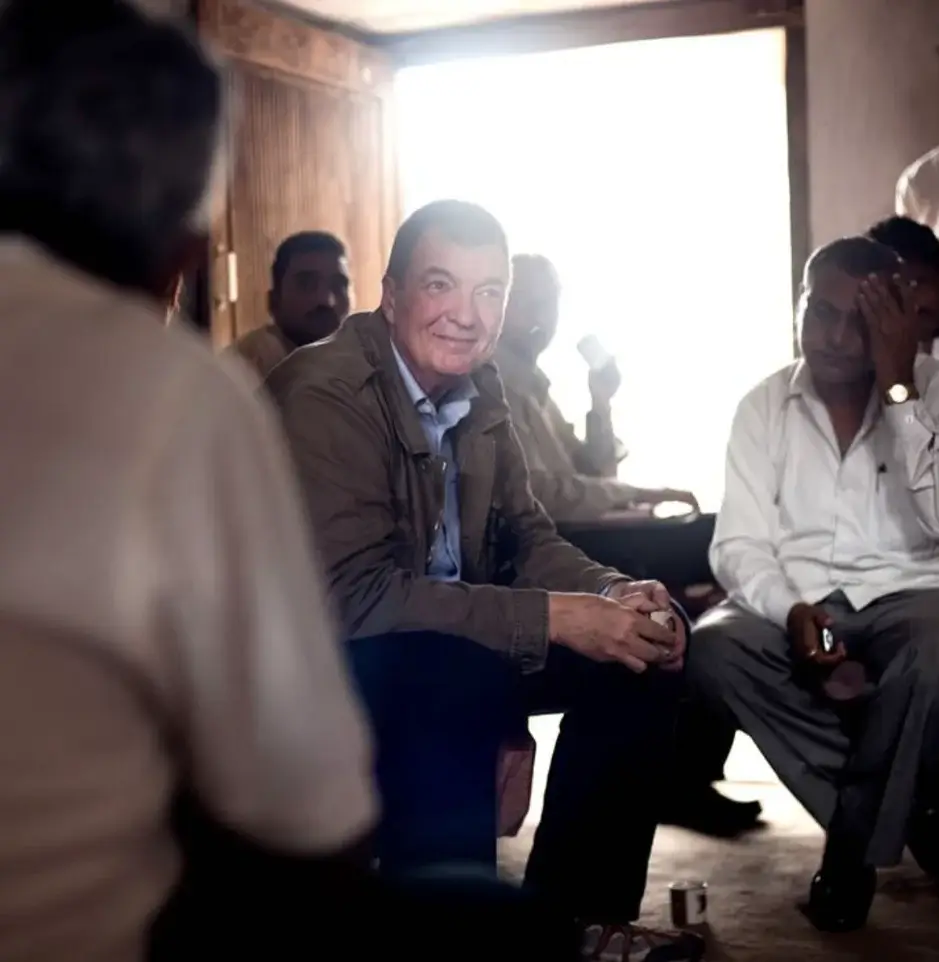
Father of Simon Hoffman
©️ bioRe Foundation
I heard that REMEI’s bioRe project was started by Simon’s father, the founder of REMEI. What was the impetus for the project?
Simon: I heard that it started from a casual conversation with a farmer in India.
Originally, REMEI was in the business of selling cotton purchased in India and Pakistan in Europe. Therefore, my father spent a lot of time overseas, but when he had conversations with Indian farmers, he realized that they were making very little profit. This fact shocked my father.
In India, when farming, it was common to use chemical fertilizers and pesticides, the price of which was set by the government and the state, and in many cases was expensive. This would cost too much money and the farmer would earn very little. Moreover, the chemical fertilizers also made the land thinner and thinner. I witnessed a negative spiral.
My father wanted to change this situation and came up with the idea of organic cotton.
Organic cotton does not use chemical fertilizers, so it does not cost any money, and it is also kind to the land. My father shared his idea with the people in front of him, not thinking about his own profit, but wanting to help them.
Q: What was the reaction of the farmers at the time?
Simon: At first, there was a great deal of opposition. They said it was absolutely impossible not to use pesticides and chemical fertilizers when there were infectious diseases and pests to worry about. However, a farmer who was concerned about the plight of the farmers said, “There might be a possibility. He said, “Let’s think of a way to do it together,” and with a small number of people, an experimental cultivation project was started.
My father bought the harvested organic cotton and sold it as ordinary cotton. At that time, my father did not think at all about selling the cotton with the value of “organic cotton.
Then, a Swiss company, interested in my father’s frequent trips to India, learned of the existence of organic cotton and suggested that they would like to sell products made from it. From there, the market for “organic cotton” in Switzerland expanded and became a business.
Thus, our starting point was not business. The starting point of the bioRe project is that we want to support the lives of the local people.
Sustainability is the key to making everyone feel valued.
Q: I heard that REMEI places great importance on the phrase “All Holder Value”. What does “All Holder Value” mean?
Simon: We want to create a cycle where organic cotton is valuable and profitable for everyone involved.
The farmers who grow organic cotton, the people like IKEUCHI ORGANIC who make products from organic cotton, and everyone who uses the products. And everyone who uses those products.
We call this “All Holder Value.
Q: I thought that this is a value that goes along with IKEUCHI ORGANIC’s important concept of “making things without sacrificing anyone”.
Mr. Simon: That’s right. Our challenge cannot be realized by ourselves, and it is essential to have a partner like IKEUCHI ORGANIC that shares a common philosophy.
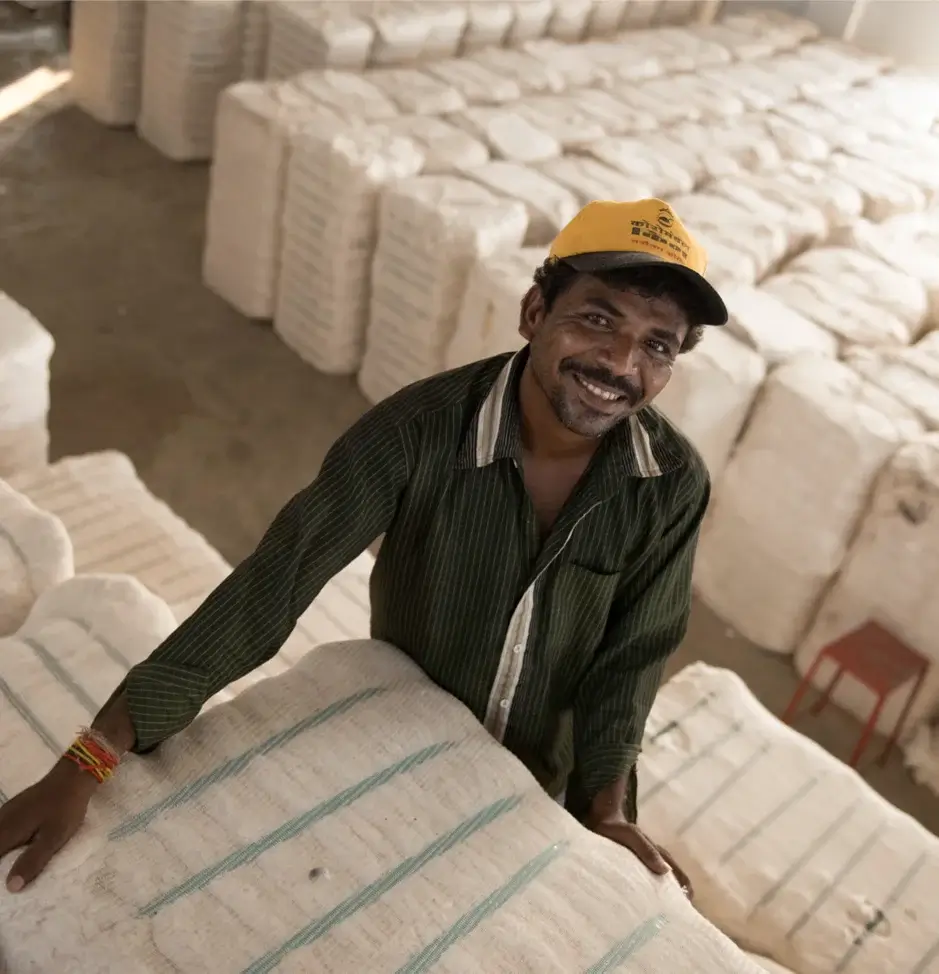
For example, REMEI guarantees the purchase of organic cotton produced by farmers, plus up to 15% over the market price.
Simon: We value so-called fair trade, but this system would not be possible without partners who purchase our organic cotton. Furthermore, without the customers who use the partner’s products, the partner’s business would not be possible.
In other words, we cannot build a sustainable system without a cycle in which all people feel valued.
The main actors are all farmers. We are here to support them.
A: Based on the concept of “All Holder Value,” REMEI is also supporting education by building schools, right? I was surprised to see that you have a relationship with farmers that goes beyond business.
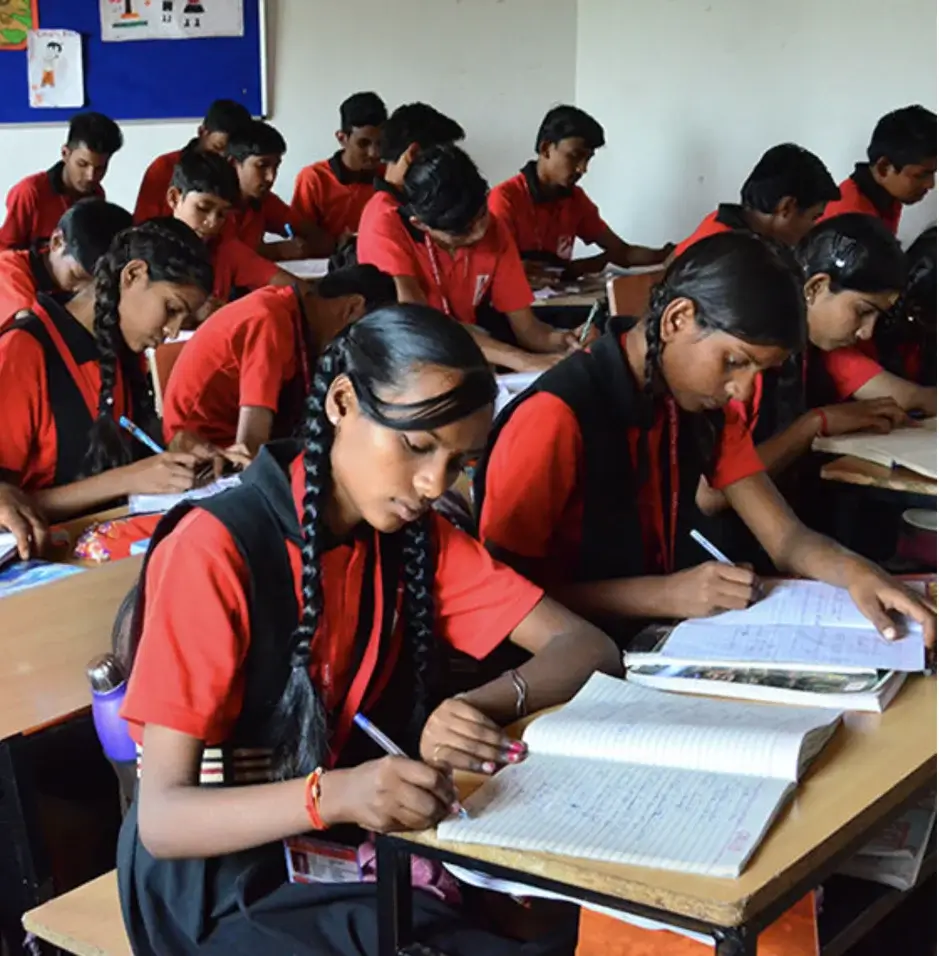
©️ bioRe Foundation
Simon: If we continue to focus on how to improve the lives of farmers, we will end up with education.
However, we want the local people to have the ability to discuss and solve problems on their own.
That is why we let the local people decide how to run the school. Who will be in charge? Who will provide the land? What will be taught there? We discuss thoroughly with everyone.
At REMEI, we value this attitude.
A: In addition, REMEI also provides support for living and hygiene, right? I found these efforts to be excellent as well.
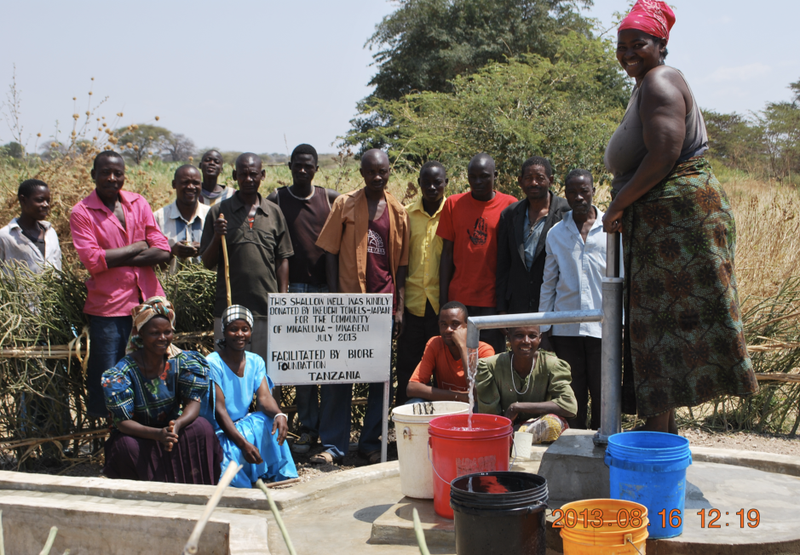
©️ bioRe Foundation
Simon: After all, a healthy life is something we need more than anything else.
REMEI provides livelihood support, such as the construction of wells and water storage tanks that provide safe drinking water. REMEI also provides livelihood support, such as the construction of wells and water tanks for safe drinking water and hygienic toilets.
For example, in Tanzania, during the dry season, people have a hard time finding water because they have to dig several meters underground to get water from what used to be a river. But if you dig about 8 meters underground, you can get perfect fresh water. When you build a single well, hundreds of people are freed from water hardships.
IKEUCHI ORGANIC has also donated to the construction of the well. We really appreciate it.
We want to walk together toward “All Holder Value”.

Q: Lastly, Simon, could you tell us what IKEUCHI ORGANIC looks like from your point of view?
Simon: Again, IKEUCHI ORGANIC is an important partner of ours.
I think the business model we are following is out of the ordinary. We consider the farmers’ lifestyle, the environment of the land, and the quality of the cotton, and we continue to do each of these things without giving up. So it takes a lot of time and effort.
But IKEUCHI ORGANIC works with us to think about the quality of our products and how to improve the farmers’ lives, and with a partner like IKEUCHI ORGANIC pushing us forward, we are able to keep moving forward.
You asked how I see IKEUCHI ORGANIC, but I myself would like to ask Mr. Ikeuchi and his team why they believe in REMEI so much (laughs).
I hope to continue working with IKEUCHI ORGANIC toward a society where everyone involved in organic cotton feels valued.
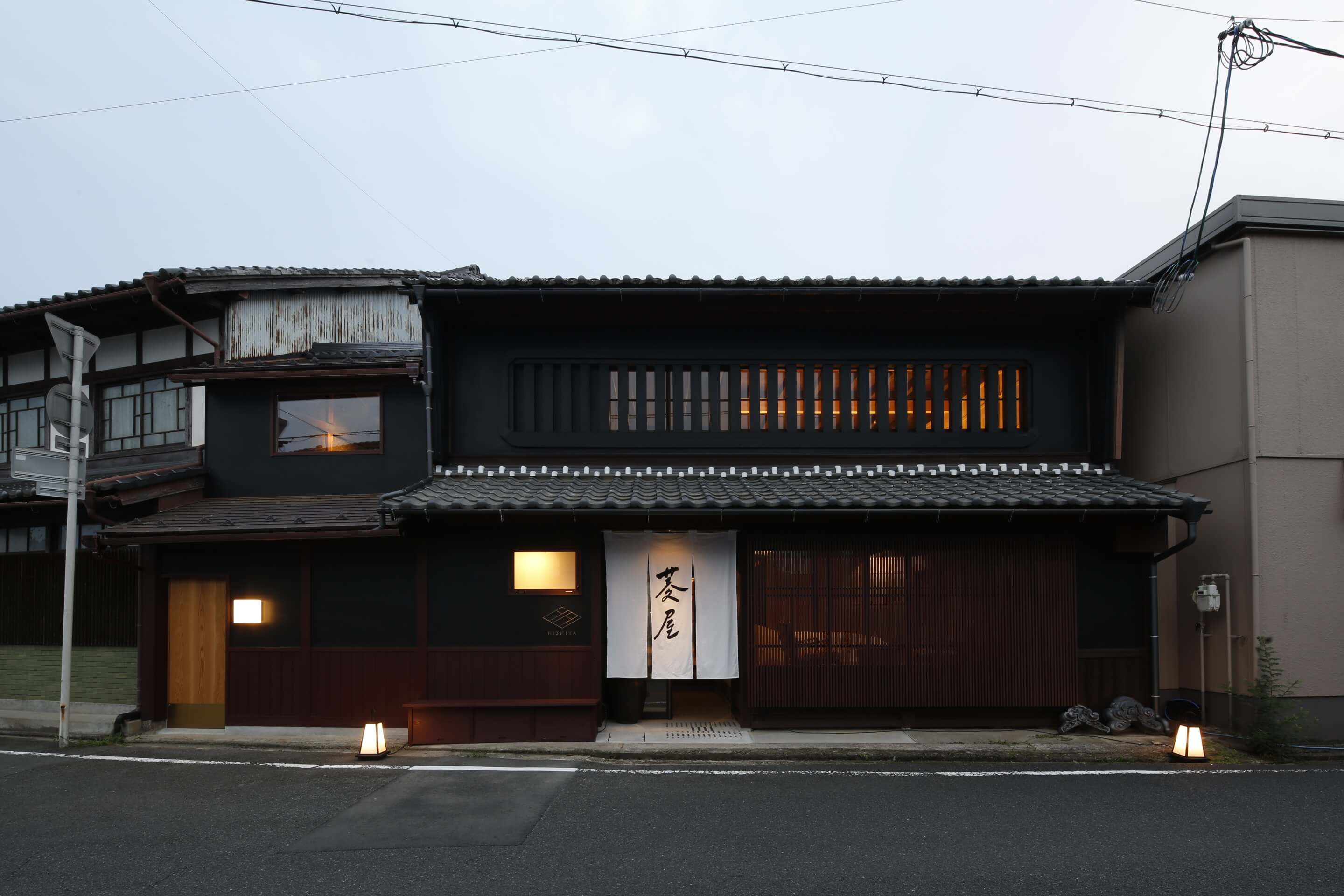
Article written by
イケウチオーガニック



